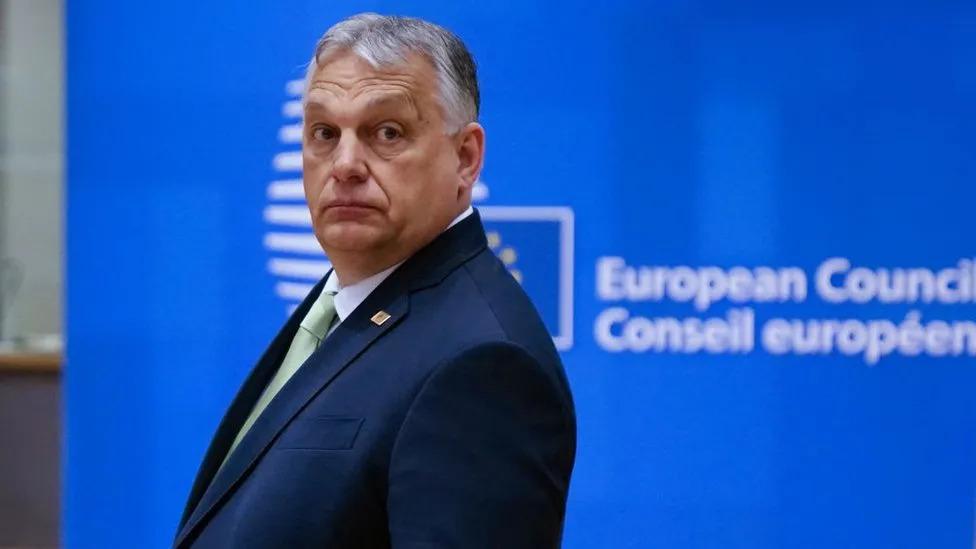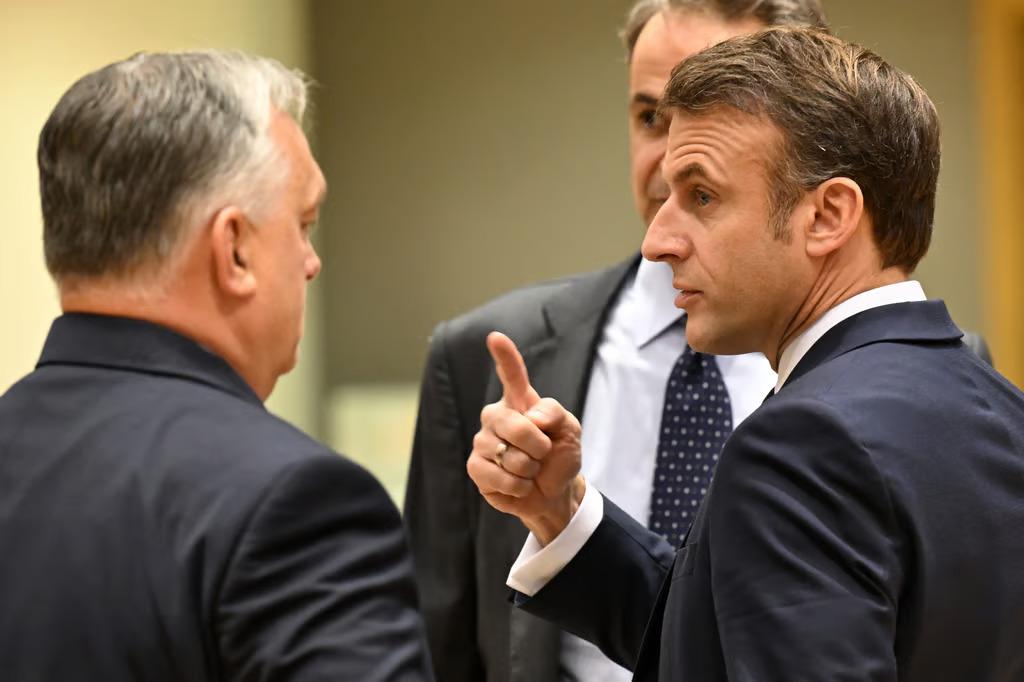EU silences Hungary to support Ukraine Support via threat
On January 28, the Hungarian government signalled its readiness for a compromise allowing Ukraine's proposed European Union aid package to be financed from the bloc's budget. Since the inception of the Russo-Ukraine war, Hungary became one of the few European countries that resisted the bloc’s continuous military and financial aid to Ukraine, citing the necessity of diplomatic negotiations to contain Russia's advancement.
While such a stance triggered debates and criticism regarding Hungary's position, it also revealed deep divergence among the European Union (EU) member states in light of an unprecedented security crisis since WWII.
Earlier in December 2023, Hungarian Prime Minister Viktor Orban refused to greenlight funding to help prop up Ukraine's government over the next four years. The EU proposed to allocate an additional 50 billion euros in financial aid to Ukraine amid the stalled military operations and Russia's ongoing aggression.
The blockage from the Hungarian nationalist dealt a blow to Kyiv and its backers after they had celebrated the bloc taking the symbolic step of agreeing to open membership talks. Kyiv is urgently trying to change the narrative that backing from its Western allies is waning as doubts swirl over support from the United States. Ukraine is critically dependent on EU and US funding as it continues to fight occupying Russian forces.
The official narrative of Hungary is that the military and financial aid to Ukraine prolongs the war in Europe and undermines all chances of possible peace talks between Kyiv and Moscow. Moreover, the accession talks for Ukraine's membership in the EU are another major obstacle for Orban's government as they claim that Kyiv is not ready to fulfil the EU membership requirements.

Indeed, Hungary’s systematic opposition to the EU's support of Ukraine generated debates within the bloc to develop specific tools to put more pressure on Viktor Orban in case of his continuous sabotage of Ukrainian aid. Simultaneously, following intensive talks with Hungary, PM Orban said on January 21 that he would not veto the EU's next financial package aid to Ukraine.
This came after the EU held face-to-face talks with Hungary to find a compromise regarding the aid package. As a result, Hungary agreed to stand by, though it doubled its demands. For example, PM Orban revealed that under the compromise, he agreed to release funding to Ukraine "if you guarantee that the decision to continue sending money will be reviewed every year."
In practice, this will give Hungary another opportunity to hold up aid annually. Moreover, some reports claim that the EU member states clearly outlined that if Hungary imperils the security of Ukraine, the bloc may initiate discussions regarding the expulsion of Hungary from the organization with further economic measures.
Undoubtedly, after years of a softly-softly approach, the EU is running out of patience with Hungary, and the recent negotiations could be perceived as a final warning to Budapest. Reportedly, the EU even threatened Hungary to use Article 7, the most severe political sanction, against the country if it keeps derailing the aid process to Ukraine.

In line with it, five European officials and diplomats said other countries in the bloc are ready to make a move against Budapest in what would be a historic move for leaders who rely on cohesion and unanimity. Furthermore, Brussels has laid out ways to sabotage Hungary’s economy unless it agrees to drop its veto against the Ukraine funding plan.
However, with Hungary agreeing to step back, the EU will likely withhold further punitive measures. On the other hand, the EU’s further assistance to Ukraine will highly depend on the performance against Russian forces on the eastern front. The high expectations of Western partners regarding Ukraine’s counter-offensive in 2023 did not materialize, thus stirring debates about whether the Western bloc should proceed with assisting Ukraine against Russia with its vast resources.
Hungary is not the only country that expresses scepticism regarding Ukraine's success as Slovakia's newly elected Prime Minister Robert Fico expressed his support for his Hungarian counterpart in blocking the Ukraine aid. In addition, Fico criticized Brussels for trying to ''punish'' Budapest over its stance on funds for Ukraine.
As the Ukraine war enters its second anniversary, the peace agreement between Kyiv and Moscow is not on the horizon yet. Kyiv currently struggles with depleting defence resources while desperately asking for additional support from partners, namely the US, as it still maintains the role of Ukraine's leading sponsor against Russia.








